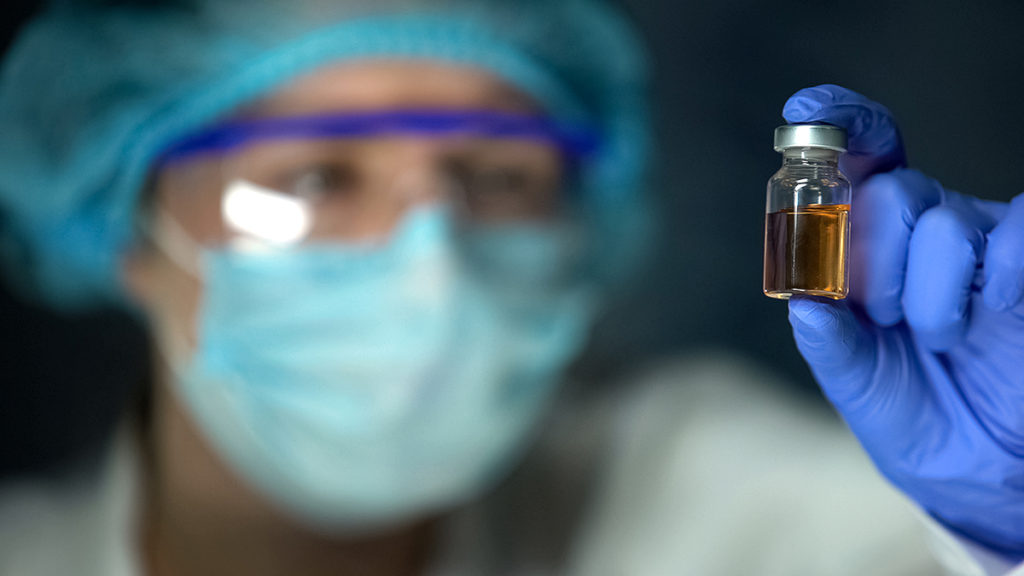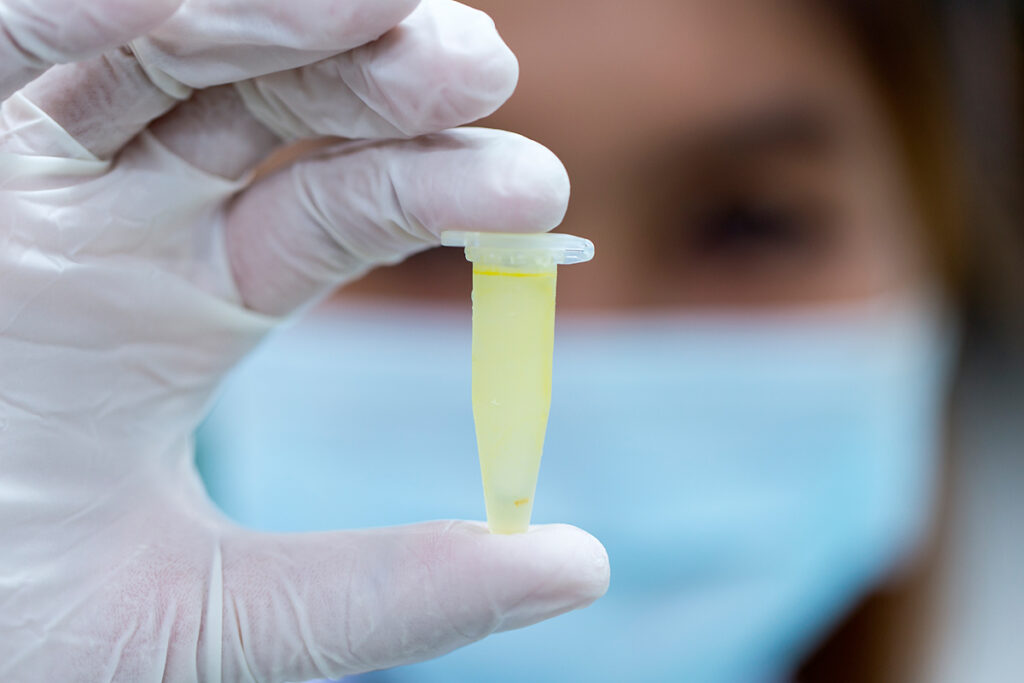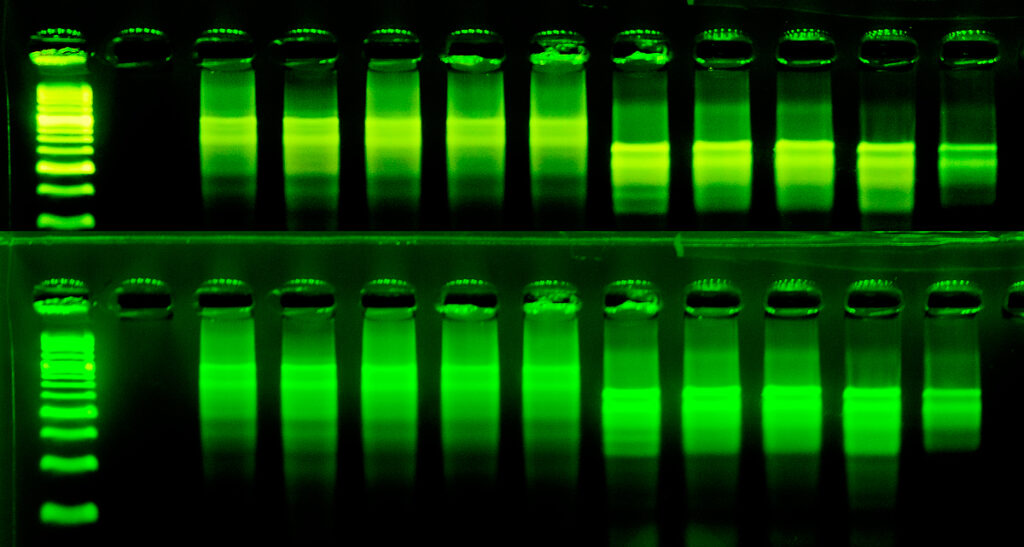Remdesivir (GS-5734) is an antiviral drug that suppresses virus replication in infected cells. Since remdesivir is effective against previous coronaviruses: SARS-CoV-1 and MERS, it is considered a promising drug against SARS-CoV-2.
Based on preliminary results for remdesivir, May 1, 2020, the food and drug administration has issued emergency approval for the use of remdesivir for the treatment of adults and children hospitalized with suspected or laboratory-confirmed COVID-19.
To investigate the antiviral activity of remdesivir against SARS-CoV-2, the researchers conducted a double-blind, randomized, placebo-controlled trial of intravenous remdesivir in adults hospitalized with COVID-19 and lower respiratory tract infection.
The study involved 1062 patients. Patients were randomly assigned to receive placebo or remdesivir: 541 patients were referred to the group of remdesivir and 521 to the placebo group. The average number of days between symptom onset and randomization was 9.
Patients were divided into groups according to the severity of the disease: 105 (10%) were assigned to the group with a disease from mild to moderate severity, and 957 (90%) – to the group of severe disease. Patients were considered to suffer from severe illness if they required artificial ventilation or additional oxygen if they breathed in ambient air with oxygen saturation (SpO2) of 94% or lower and had tachypnea (respiratory rate greater than 24 breaths per minute).
Of the randomized 1062 patients, 1048 were treated with remdesivir or placebo:
- In the remdesivir group, 532 patients (98.3%) received prescribed treatment. 52 patients stopped treatment with remdesivir before day 10 due to a severe or undesirable adverse event other than death, and 10 withdrew their consent.
- In the placebo group, 516 patients (99.0%) received a placebo as prescribed. Seventy patients stopped taking placebo before day 10 due to a severe or undesirable adverse event other than death, and 14 withdrew their consent.
A total of 517 patients in the remdesivir group and 508 in the placebo group completed the study before the 29th day, recovered or died. Fourteen patients who received remdesivir and 9 patients who received a placebo stopped participating in the study before the 29th day.
Most patients had one (25.9%) or two or more (54.5%) comorbidities: hypertension (50.2%), obesity (44.8%) , and type 2 diabetes (30.3%).
The average age of patients was 58.9 years, 64.4% of patients were men.
During the study, 373 patients (35.6% of 1,048 patients treated) received hydroxychloroquine, and 241 (23.0%) received glucocorticoids.
Remdesivir was administered intravenously as a 200 mg shock dose on day 1, and then a 100 mg maintenance dose was administered daily on days 2-10 or until hospital discharge or death. Placebo was administered according to the same scheme and in the same volume as the active drug.
All patients received supportive care under the standards of treatment at the research center hospital. Another experimental treatment or off-label use of medications designed to treat COVID-19 was prohibited from day 1 to day 29 (although such medications could have been used before being included in this trial).
Patients were evaluated daily during their hospitalization, from day 1 to day 29. Patient status categories:
- – no hospitalization and no activity restrictions;
- – without hospitalization, with restricted activities, oxygen needs at home, or both;
- – hospitalized, does not need additional oxygen, and no longer requires ongoing medical care (used if the hospitalization was extended for infectious or other non-medical reasons);
- – hospitalized, does not need additional oxygen, but needs constant medical care (due to Covid-19 or other diseases);
- – hospitalized, needs additional oxygen;
- – hospitalized, requires non-invasive ventilation or use of high-flow oxygen devices;
- – hospitalized, receiving an invasive ventilator or extracorporeal membrane oxygenation (ECMO);
- – death.
Time to recovery
The time to recovery was defined as the first day within 28 days of inclusion in the study when the patient met category 1, 2, or 3 – either discharge from the hospital or hospitalization for infection control purposes only.
Patients in the remdesivir group had a shorter recovery time than patients in the placebo group: a median of 10 days compared to 15 days.
In the severe disease group (957 patients), the average recovery time was 11 days compared to 18 days. The recovery rate was highest among patients with baseline categories 5, 4, and 6, respectively.
The effectiveness of remdesivir was higher when given at an earlier stage of the disease, although the benefit remained in the future.
Day 15 status
Adjusted for the severity of the disease, the chances of improvement on an ordinal scale on day 15 of treatment were higher in the remdesivir group than in the placebo group.
Mortality
Mortality by day 15 was 6.7% in the remdesivir group and 11.9% in the placebo group. Estimates of mortality by day 29 were 11.4% and 15.2% in the two groups, respectively. In-group differences in mortality differed significantly depending on the initial severity of the disease, with the most remarkable difference observed among patients with baseline condition 5.
Remdesivir reduces the time of respiratory support
Patients in the remdesivir group had a shorter time to improve by one or two categories on an ordinal scale compared to baseline than patients in the placebo group. Improvement by one category: median 7 days vs 9. improvement by two categories: median 11 days vs 14.
Patients in the remdesivir group had a shorter time to discharge or transfer to home self-isolation than patients in the placebo group: 8 versus 12.
The initial length of hospital stay was shorter in the remdesivir group than in the placebo group: an average of 12 days compared to 17 days.
5% of patients in the remdesivir group were readmitted, compared to 3% in the placebo group.
Among the 913 patients who received oxygen when included in the study, patients in the remdesivir group continued to receive oxygen for fewer days than patients in the placebo group: an average of 13 days versus 21 days. The frequency of new oxygen use among patients who did not receive oxygen when included in the study was lower in the remdesivir group than in the placebo group: 36% vs 44%.
For 193 patients who received non-invasive ventilation or high-flow oxygen when included in the study, the average duration of use of these interventions was 6 days in both the remdesivir and placebo groups. Among 573 patients who did not receive non-invasive ventilation, high-flow oxygen, invasive ventilation, or ECMO when included in the study, the frequency of new non-invasive ventilation or high-flow oxygen use was lower in the remdesivir group than in the placebo group: 17% vs 24%. Among the 285 patients who received a ventilator or ECMO \ patients in the remdesivir group received these interventions for fewer subsequent days than patients in the placebo group: an average of 17 versus 20 days. The frequency of new ventilators or ECMO use among 766 patients who did not receive these interventions when included in the study was lower in the remdesivir group than in the placebo group: 13% vs 23%.
Security
The most common non-serious side effects, occurring in at least 5% of all patients, included decreased glomerular filtration rate, decreased hemoglobin levels, decreased lymphocyte count, respiratory failure, anemia, hyperglycemia, increased blood creatinine levels, and increased blood glucose levels. The frequency of these adverse events in the groups of remdesivir and placebo were generally the same.
Serious side effects occurred in 131 of 532 patients (24.6%) in the remdesivir group and 163 of 516 patients (31.6%) in the placebo group. There were 47 serious adverse events of respiratory failure in the remdesivir group (8.8%), including acute respiratory failure and the need for endotracheal intubation, and 80 in the placebo group (15.5%). The researchers found that the death was not related to the prescription of treatment.
Severe, life-threatening or disabling adverse events occurred on or before day 29 in 273 patients (51.3%) in the remdesivir group and 295 (57.2%) in the placebo group. The researchers considered 41 events to be related to remdesivir, and 47 to be related to placebo.
Conclusions
This double-blind, randomized, placebo-controlled trial showed that remdesivir antiviral therapy is sufficient for the treatment of COVID-19.
Patients treated with remdesivir recovered faster. The recovery advantage was maintained when adjustments were made for the use of glucocorticoids. It shows that the use of dexamethasone can augment the effect of remdesivir.
Remdesivir treatment prevented progression to more severe respiratory disease. That is evidenced by a lower proportion of serious adverse events of respiratory failure among patients in the remdesivir group, as well as a lower frequency of new oxygen use and a lower proportion of patients requiring a high level of respiratory support. Remdesivir treatment was associated with fewer days of follow-up oxygen use for patients who received oxygen when included in the study, and shorter follow-up duration of CPR or ECMO for those who received these interventions when included in the study.
The effect of remdesivir was most evident in patients who received oxygen with a low flow.
The most significant benefit (concerning the recovery and mortality) remdesivir brought to light and medium patients. However, for severe patients, remdesivir was effective. The average recovery time for category 7 patients cannot be estimated, as the follow-up time may have been too short to assess this subgroup.
These facts show that treatment with remdesivir can not only reduce the severity of the disease but also reduce the use of limited health resources during the coronavirus pandemic.
However, given the high mortality rate, despite the use of remdesivir, treatment with a single antiviral drug is unlikely to be sufficient for all patients. Current strategies evaluate remdesivir in combination with immune response modifiers (for example, the Janus kinase [JAK] inhibitor baricitinib and interferon beta-1A). To further improve outcomes in patients with Covid-19, various therapeutic approaches are needed, including new antiviral drugs, immune response modifiers, and combined methods.
Source



